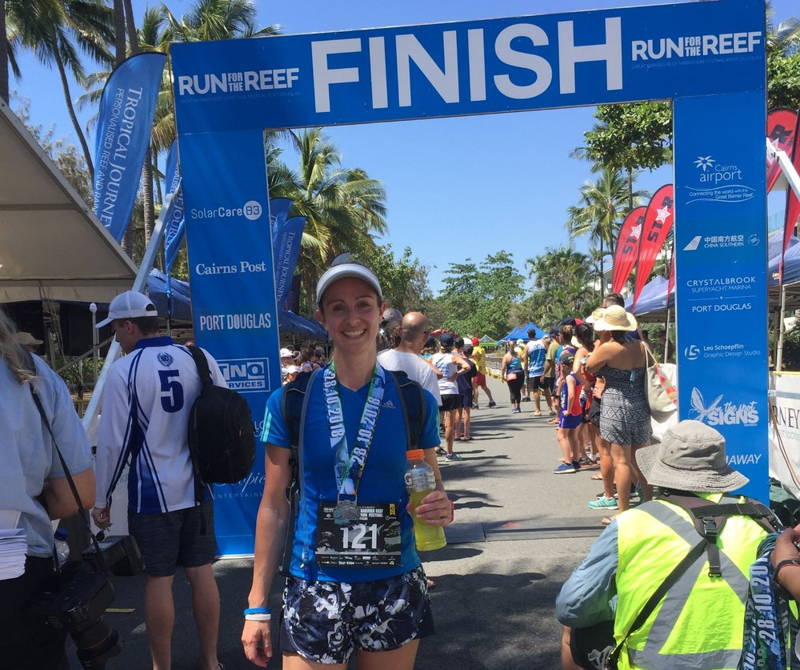Supplement your diet!
Supplements and Running: What you need to know
Dietary supplements are designed to help boost energy and increase performance while you exercise. They usually come in the form of powders, pre-made drinks, chews or capsules. Navigating the dos and don’ts of nutrition can be difficult. Now add in considerations like exercise and supplements for endurance events and you have yourself a puzzle. When in doubt? Ask the expert. Nutritionist and Dietitian will guide you according to your body and lifestyle features.
Emily Commerford is an Accredited Practising Dietitian, Accredited Sports Dietitian & Accredited Nutritionist and a keen runner. In her own words, Emily is on a mission to take the fear and confusion out of eating! We asked Emily Commerford to answer some of our nutrition FAQs, to help you decode your diet.

What role do gels, bars & hydration play in running? When should I be adding them to my routine?
If you run short distances (<60 minute duration) it is not necessary to fuel with specialty sports foods, however some options can be useful if real food is not a practical option. For example, while running it is much easier to carry sports gels in your shorts pocket than sandwiches or bananas. When deciding to use specialty sports foods, you first need to think about why you need them and then consider the practicalities of using them. Gels and sports drinks are required to replace glucose which can be useful before and during longer runs. Gels are small and easy to carry in your pocket, however they do need to be consumed with water. If you’re using gels, knowing where the drinking fountains are on your training route or carrying a hydration pack is helpful.
Electrolyte drinks contain sodium, potassium and other minerals lost through sweat and will help you rehydrate more efficiently than plain water. If you are a heavy sweater or if you’re running in the heat, electrolyte replacement drinks are extremely useful. Some electrolyte drinks also contain glucose so they can be used as both a carbohydrate and electrolyte supplement.
Bars vary greatly in macronutrient composition. Some runners get hungry during longer sessions and bars can be more satiating due to their solid form. Energy bars containing carbohydrate are helpful during a run, however they often contain some protein and fibre which can cause gastro intestinal upset in some athletes. While protein is important for muscle repair after exercising it does not elicit any performance benefits when taken during a run.
Consuming gels, sports drinks and energy bars while running marathon distances or less is not essential if your goal is to simply cross the finish line, however they will help you run faster. So if you care about your time, start experimenting with carbohydrate before and during longer runs at least 6 weeks out from the race.
Always remember the golden rule: NEVER try anything new on race day! It could ruin your day.
As a general rule, how many gels/bars etc. should someone be consuming during a race by skill level/distance, etc?
As mentioned above, if you are not concerned about your time, specialty sports foods are not essential. You could definitely run a half marathon without any supplementation. Over the marathon distance you could get away with a couple of gels. If however your time is important to you, aim to consume 30-60g of carbohydrate per hour. Depending on the product, this is roughly one gel or 600ml of sports drink every 30-45 minutes.
To optimise your performance, consume the maximum amount of carbohydrate your body can tolerate without causing gut upset. The body is highly adaptable and it is possible to train your gut to take on and utilise more carbohydrate. During long training runs (>75mins) practise fuelling for race day. If you are new to specialty sports foods, try a variety of different brands and flavours as tolerance of these products is highly individual. These products are available from most running/cycling shops or large pharmacies.





She Science | Sports Bra Fitting Service
Cold weather running